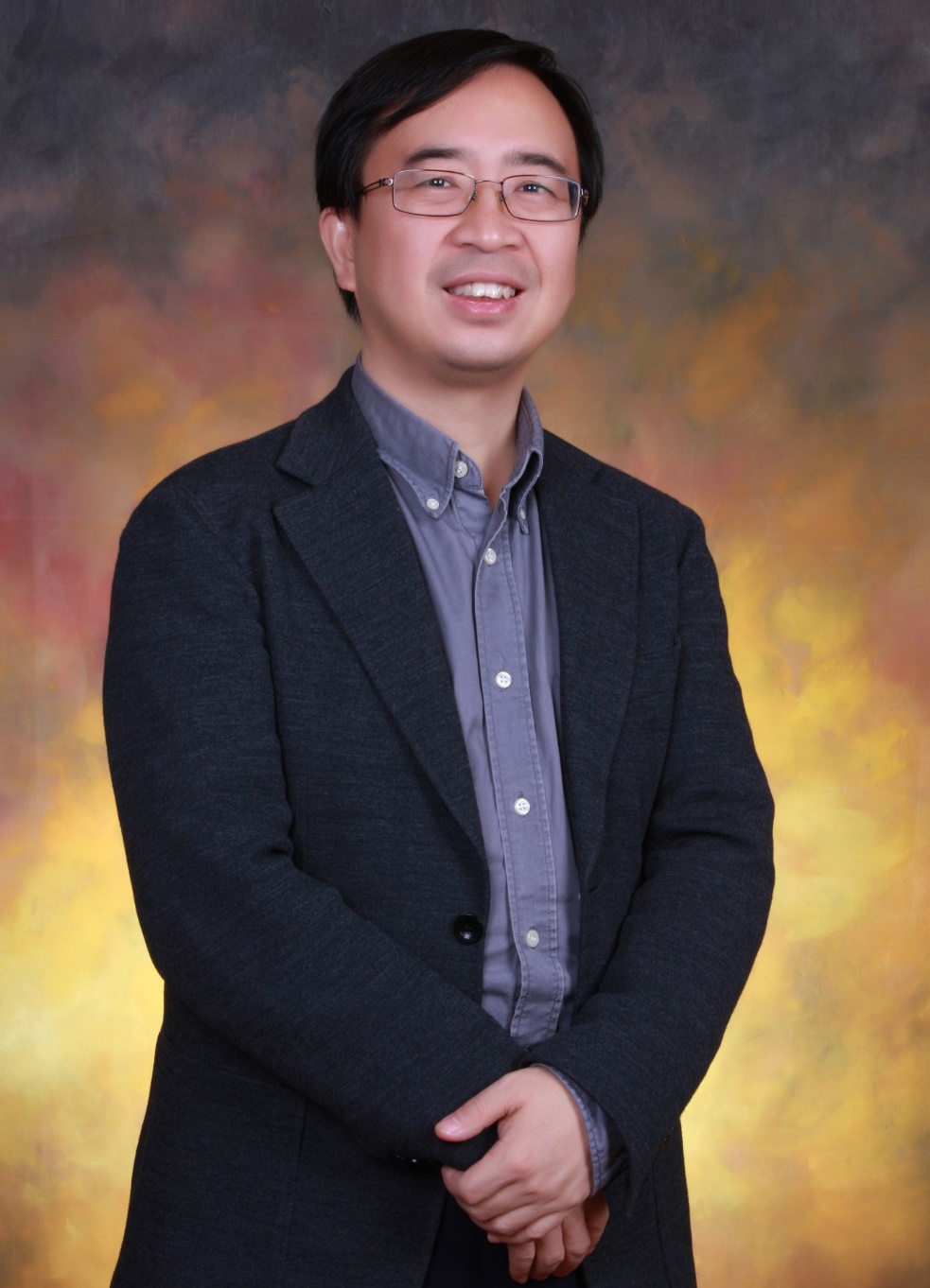Pan Jian Wei, Doctor of Science honoris causa

Prof. Pan Jian Wei is an academician of the Chinese Academy of Sciences and renowned physicist. He is regarded as a pioneer in the research field of quantum information experimentations, and is a leader with significant international influences in his research area, highly acclaimed by the international science community. In terms of quantum teleportation, Prof. Pan became the first person in the world to further the safe distance of fiber quantum teleportation to 100 kilometers in 2007, making possible the vast possibilities of quantum teleportation applications; in 2012, Prof. Pan and his research team built the world’s first large-scale quantum communication network, marking the maturity of technology in metropolitan area quantum teleportation. In 2016, the Mozi Quantum Science Experiment Satellite was launched successfully to develop the world’s first satellite-to-ground quantum communication, with Prof. Pan as Chief Scientist of the project. In 2017, the world’s 1st thousand-kilometer quantum fiber quantum link, the “Beijing-Shanghai Quantum Link”, was launched, which, together with the Mozi quantum satellite, has constituted a prototype for the world’s 1st space-to-ground integrated quantum network. In terms of quantum computing, Prof. Pan Jian Wei has been the world record holder of multi-photo entanglement, and has demonstrated almost all major quantum algorithms by photo entanglement manipulations. In 2017, he successfully built the world’s 1st light quantum computer, which has exceeded early classical computing capacity; more recently, he and his team published the 11-bit cloud access superconducting quantum computing service.
Prof. Pan’s research achievement on quantum teleportation has been selected by the Science journal to be one of the “Ten Biggest Scientific Breakthroughs of the Year”, and the corresponding publication has been included by Nature in the “21 Classic Articles in Physics over the Past 100 Years”, on a par with Wilhelm Röntgen’s discovery of X-rays, Albert Einstein’s theories on relativity, and many other discoveries that have influenced the world. His research achievements have been selected 12 times into the “Ten Scientific Breakthroughs of the Year in China”, nominated by academicians of the Chinese Academy of Sciences and the Chinese Academy of Engineering, 7 times into the “Significant Breakthroughs of the Year in Physics” by the Institute of Physics, U.K., and 5 times into the “Highlights of the Year in Physics” by the American Physical Society. For his extraordinary scientific achievements, Prof. Pan Jian Wei has won many awards and honors, including the National Natural Sciences First Class Awards, the Qiu Shi Outstanding Scientist Award, the Ho Leung Ho Lee Science and Technology Achievement Award, the Outstanding Science and Technology Achievement Award by the Chinese Academy of Sciences, the Fresnel Prize by the European Physical Society, the Beller’s Lectureship by the American Physical Society, the Quantum Communication Award by the International Conference on Quantum Communication, Measurement and Computing, the Willis E. Lamb Award, and many others. In September of 2017, Prof. Pan won the “Material Sciences Awards” in the 2nd “Future Science Prizes”. In December of 2017, Prof. Pan was selected to Nature’s “Ten People Who Mattered This Year”.
Prof. Pan Jian Wei was born in Dongyang of Zhejiang Province; he is now Standing Vice President of the University of Science and Technology of China, Dean of the Quantum Information and Quantum Technology Innovation Institute, Chinese Academy of Sciences, concurrent Vice Chairman of the China Association for Science and Technology, and President of the Chinese Association of Young Scientists And Technologists. After receiving master degree in physics from the University of Science and Technology of China in 1996, Prof. Pan went to the Innsbruck University in Vienna, Austria, to pursue his Ph.D., where he was a student of Anton Zeilinger, the world master of quantum experimentation research. From 1997, he started to use his breaks and tour back to China every year to give talks; this has mobilized a number of Chinese researchers to enter the quantum information field. In 2001, he returned to China and established the Quantum Physics and Quantum Information Laboratory and assembled an excellent research team with whom he made extraordinary endeavors in the past two decades to lead China’s quantum research to join the international frontier.





